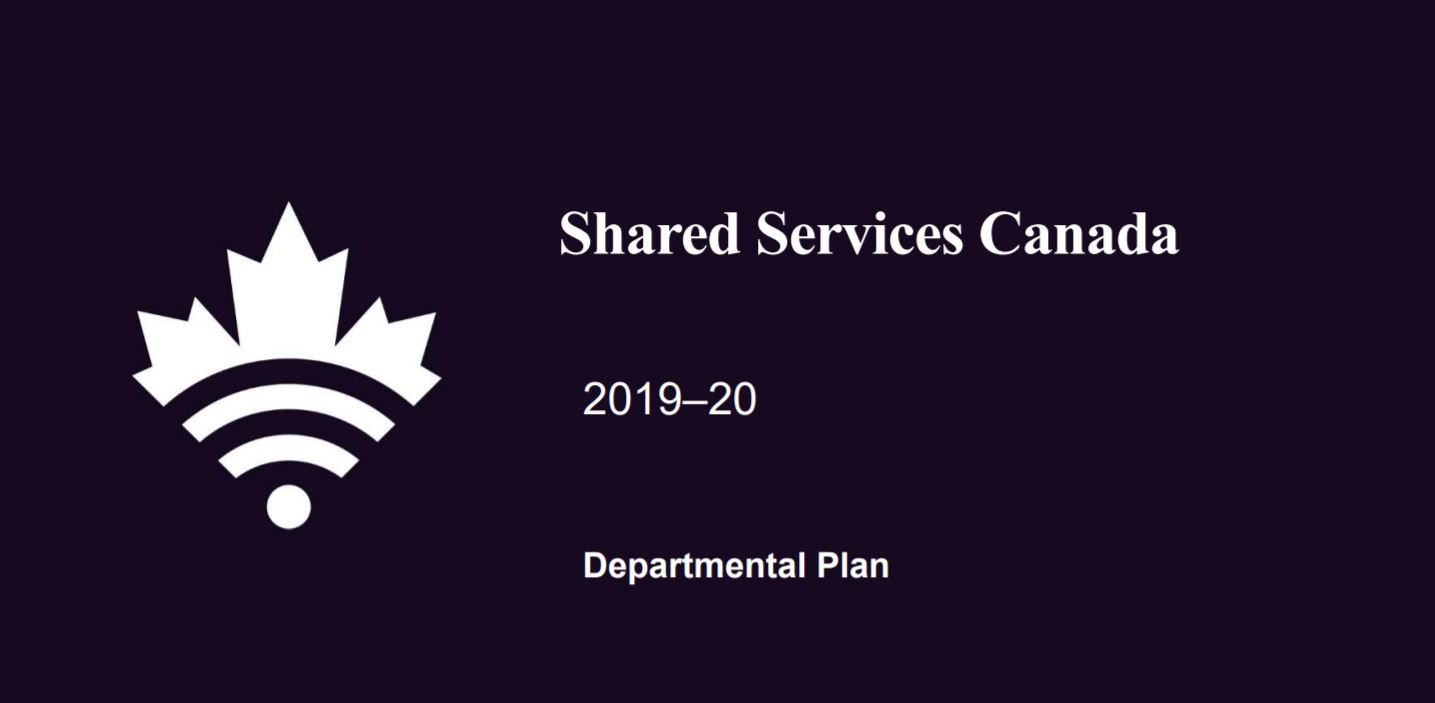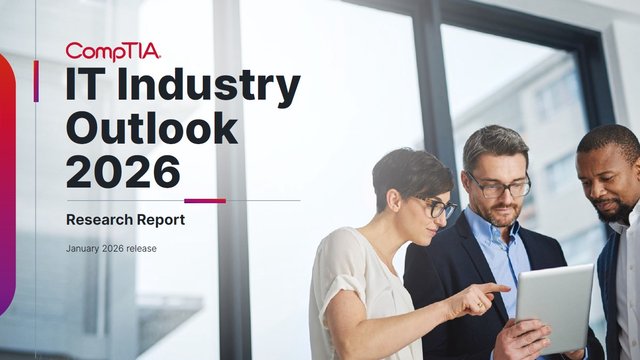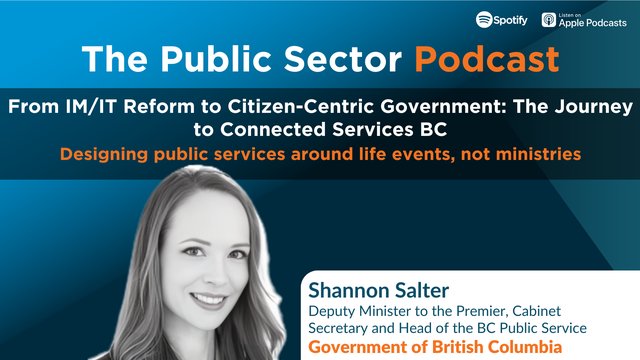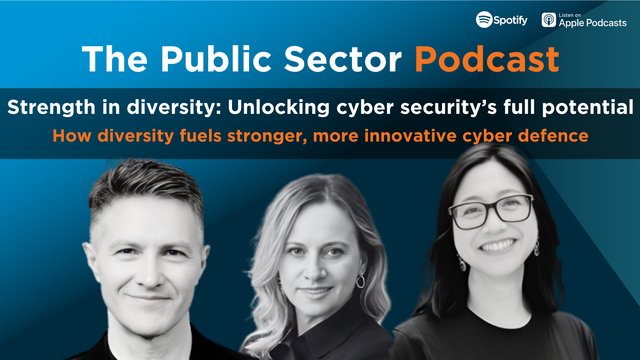Tell us about the journey to your current role and what it this role entails?
I have been with the Australian Bureau of Statistics (ABS) for almost 20 years and spent the first half of my career here as a statistical methodologist. As I made my way up the "public service ladder", my responsibilities inevitably steered towards staff and programme management. I moved offline and onto larger and high profile corporate projects, and was identified as an "up and comer". A failure to get promoted to Director level after a significant period of acting was a significant setback for me, but one which was pivotal in my development. I moved into a completely different business area and reassessed my approach to leadership. It was in this role that I became more humble, grounded and gained perspective around what leadership was really about. And it was here where I finally won that elusive EL2 promotion! I firmly believe that IO would not be nearly as successful as I am today if not for that setback. I have been in my current director role for around 4 years now and it is the most enjoyable thing I have ever done professionally. I lead almost 30 people to deliver the high profile and high pressure Construction Statistics work program at the ABS. Our team is truly diverse - 10{802238075386540f56ff51177b29e561e146d6ad749d3ad56f8d94eb00021cb8} identifying as disable, 6{802238075386540f56ff51177b29e561e146d6ad749d3ad56f8d94eb00021cb8} identifying as Aboriginal and Torres Strait Islander (ATSI) heritage, and open communication on effectively managing mental health. Even though the mechanics and day-to-day business of my are are complicated at best, my main focus remains on people, and providing all people with an environment of compassion, empathy and support to ensure they can perform to their best and feel rewarded. It truly is worth investing in people! Can you describe a project you are working on/recently completed, and any key challenges you have faced along the way and how they were overcome?
Last year the ABS was provided with $4.8m from federal government to expand the Construction Statistics program and develop a suite of national dwelling stock and land use estimates. We had been working on this for some time so the "vote of confidence" from our federal colleagues was extremely rewarding. Such a large investment has meant our program has had to ramp up very quickly. There are competing priorities internally, and good capability has been hard to attain. We embarked on an ambitious recruitment process - employing 6 new people (an increase of 25{802238075386540f56ff51177b29e561e146d6ad749d3ad56f8d94eb00021cb8}) in 41 days from advertisement to announcement. This pragmatic process has yielded some excellent team members and we have given this new work the best chance of early "runs on the board". We took some risks on individuals - looking beyond direct experience and towards core capabilities and impact on our diversity - it has paid off! The new tams are working really well and have provided a solid basis for the project over the next 4 years. Bringing together user requirements has been like "herding cats" so we have made sure that engagement is a priority. Early, open and candid discussions about our aims were really useful in shaping the early stages of this project - we didn't wait for the perfect project board paper or information piece before consulting - we went with "strawman" ideas and began co-design with our key stakeholders, This not only made our job easier but will significantly increase the chances of positive buy-in and further investment down the track. What did you learn from this project? What did it achieve?
Stakeholder engagement is key - develop your vision and understand it. Maintain consistent messages and be honest when pressed - stakeholders (espeically those with money) will invest where they see passion and commitment. What excites you most about the future?
The evolution of public service to different and more agile ways of working - increased use of Home-Based Work, Activity Based Working and Virtual Teams means that opportunities are more readily available to those outside of Canberra, parents can get better work-life balance and women in trhe workforce face fewer and reduced challenges when competing with their male counterparts. The public service has always been an employer of choice but we are getting much better at accommodating a variety of working styles. More broadly, as a statistician it is exciting to see data playing a pivotal and essential role in policy formation - not just in traditional ways but now via big data and agile technology. We can do "policy on the run" but it is evidence based! Data can come in real-time, with reduced or minimal error, reflect real-world situations and is readily analysed. The information age is truly upon us and it's wonderful to see the public service using that information so effectively to guide our business. If you could give one piece of advice to someone looking to further their career in government, what would it be?
Be the leader you want to be and stay true to your core values. No job or promotion is worth compromising who you are, and people will respect that. Be the same person to staff as you are to your managers - messages need to be tailored but principles do not. Where do you look to for further education? E.g. articles, podcasts, news sources, courses – e.g. University, online, internal etc?
For anything technical, I go online and do a search - it's amazing how much information is readily available for even very specific queries. Talking to experienced colleagues or people in other areas is also useful - there are no stupid questions! For leadership and soft skills, I am a huge fan of working with mentors and colleagues for advice. As hard as it can be, I will seek counsel from colleagues with different values to mine - often I get challenged to think about things differently and will learn something new. What are you most looking forward to at the Diversity and Inclusion series?
Being with a group of people who are committed to inclusive work places, eager to leanr more and even more eager to share their experience! I'm certain I will come away refreshed and inspired, ready to take on my next leadership challenge.
































